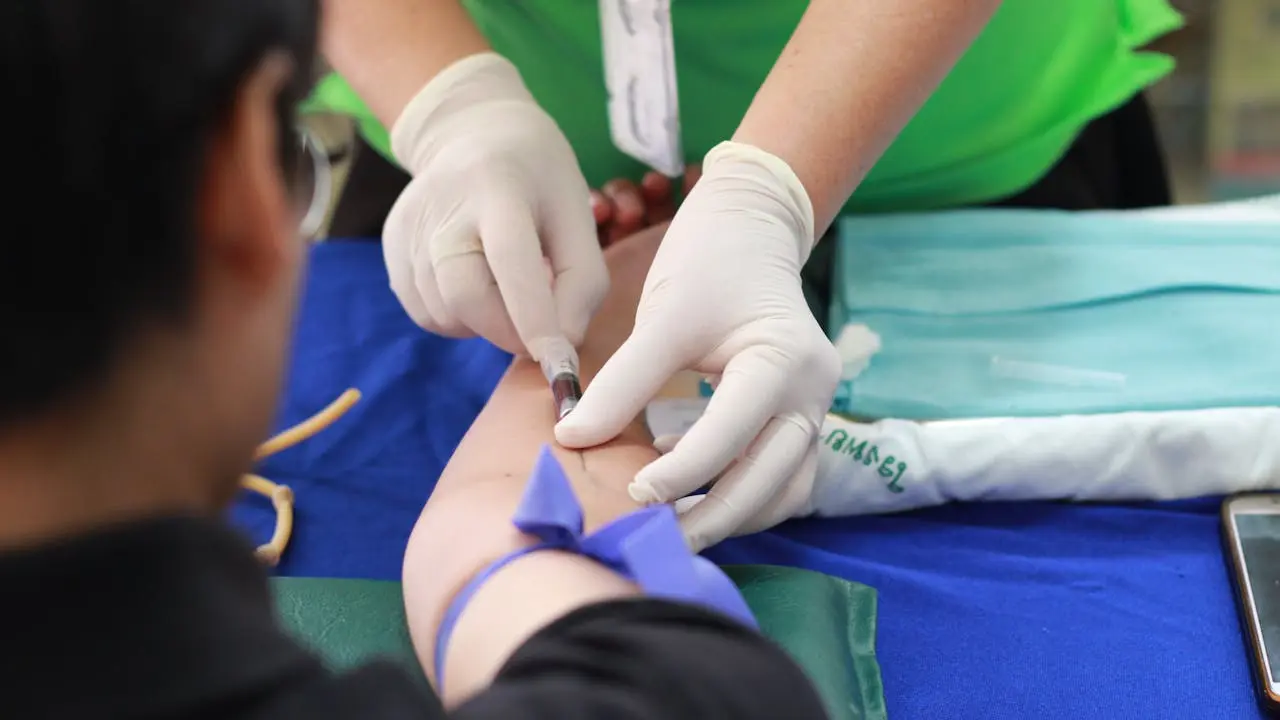
Incyte (Nasdaq:INCY) disclosed findings from a Phase 2 trial examining povorcitinib (INCB54707), an oral JAK1 inhibitor’s effectiveness and safety among adult patients with prurigo nodularis (PN). These results were presented during a late-breaking oral session (Session: S050 – Late-Breaking Research: Session 2) at the American Academy of Dermatology (AAD) Annual Meeting, occurring from March 8-12, 2024, in San Diego.
The study successfully achieved its primary objective, demonstrating a noteworthy improvement in itch Numerical Rating Scale (NRS4) scores by patients receiving povorcitinib across all dosage groups (36.1% [P<0.01], 44.4% [P<0.001], 54.1% [P<0.0001] for 15, 45, 75 mg, respectively) compared to those on placebo (8.1%) by Week 16. Median times to itch NRS4 were 58, 35, and 17 days for patients on 15, 45, and 75 mg of povorcitinib, respectively, while not estimable for the placebo group.
Kurt Brown, M.D., Vice President and povorcitinib Global Program Head at Incyte, highlighted the significance of these findings: “PN is a condition characterized by itchy skin nodules, severely impacting patients’ daily lives. Effective treatments are greatly needed. These Phase 2 results, particularly the rapid itch relief observed after just four weeks of treatment, offer promise for patients worldwide battling this condition. We are enthusiastic about extending povorcitinib research into this potential new indication.”
The study also successfully met its secondary endpoints. By Week 16, 13.9%, 30.6%, and 48.6% of patients on 15, 45, and 75 mg of povorcitinib, respectively, achieved an Investigator’s Global Assessment Treatment Success (IGA-TS) score of 0 or 1 with a ≥2-grade improvement from baseline, compared to 5.4% of placebo recipients. Additionally, 8.3%, 22.2%, and 35.1% of patients on 15, 45, and 75 mg of povorcitinib, respectively, achieved both itch NRS4 and IGA-TS by Week 16, versus 2.5% of those on placebo.
Povorcitinib exhibited generally favorable tolerability, consistent with previously reported data. The most frequent treatment-emergent adverse events (TEAEs) among povorcitinib recipients were headache (11.1%), fatigue (9.3%), and nasopharyngitis (7.4%). Grade ≥3 TEAEs and serious TEAEs occurred in four (3.7%) and nine (8.3%) povorcitinib-treated patients, respectively, with infrequent discontinuations due to adverse events (povorcitinib, n=5 [4.6%]; placebo, n=1 [2.7%]).
Dr. Martin Metz, Professor of Dermatology and Allergy at Charité, emphasized the importance of breaking the itch-scratch cycle in treating PN: “PN treatment is often challenging due to uncontrollable itching and scratching, which can exacerbate skin nodules. These results, demonstrating both itch improvement and skin clearance by Week 16, indicate the potential of povorcitinib as a novel treatment option for PN patients.




